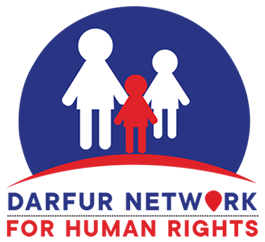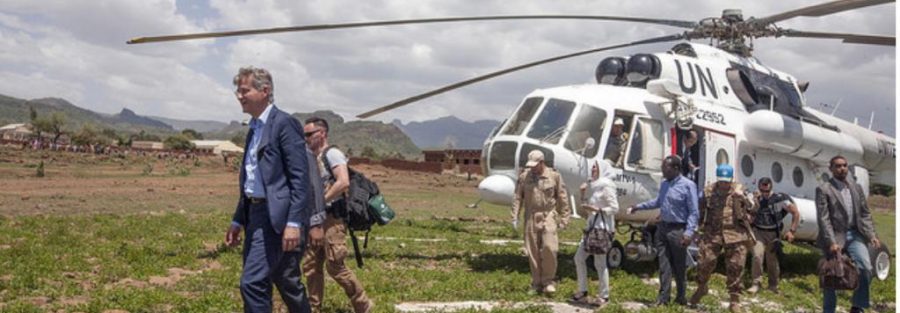Darfur Network for Monitoring and Documentation said ,welcomes by report UN: Security situation in Sudan’s western Darfur region remains unstable.
Despite significant political developments in Sudan that led to the formation of the transitional government, the security situation in Sudan’s Darfur region remains unstable, the United Nations said.
UN Under-Secretary-General for Peace Operations, Jean-Pierre Lacroix, told the UN Security Council on Thursday that IDPs were particularly affected by the security situation, and the number of destroyed farms and occupied territories rose during the military rule after the ouster of ousted President Omar al-Bashir.
After his recent visit to Sudan, the Under-Secretary-General said, according to the UN news site, that the effects of the talks between the armed movements and the Sudanese government have not yet appeared on the ground.
However, crime has increased in Darfur and the authorities’ attention has shifted to security challenges in Khartoum.
In addition, armed clashes between SLA and SLA forces led by Abdel Wahed Mohamed al-Nur and government forces continued in Jebel Marra, West Darfur.
Lacroix warned of the deteriorating humanitarian situation in Darfur, adding that more than “eight” million people need assistance or protection. Nearly a quarter of the region’s population is at risk of food insecurity.
The economic situation is in crisis, compounding the impact of conflict, political instability, natural hazards and disease outbreaks.
He noted that his trip to Sudan gave him the opportunity to review progress in the transition of the UN presence in Darfur from peacekeeping to peacebuilding, before the withdrawal of the African Union-United Nations Mission (UNAMID), and reminded the Security Council of the link between the resumption of negotiations for peace and a successful exit. For UNAMID from Darfur.
He disclosed the formation of a joint “task force”, between the United Nations and the Government of the Sudan, to provide options on the possible presence of “forces” to succeed UNAMID. He said the United Nations and the African Union had stressed their support for the peace process, which includes South Kordofan and Blue Nile.
Lacroix recommended to the Security Council two options for the withdrawal of UNAMID. The first involved the reduction of its presence from 13 to five, particularly in the central Jebel Marra area where armed elements remain active. The second option could “see a full withdrawal of UNAMID by June 2020”, stressing that the next phase is in line with the pace of peace negotiations.
Stressing the importance of improving the economic situation in Darfur, as a necessary element to achieve peace.
In contrast, the positive gains Sudan has made for political and economic stability are at risk of being lost, adding that is why the Secretary-General called for the lifting of economic sanctions and the removal of Sudan from the list of countries that support terrorism
The United Nations estimates that 300,000 people have been killed and 2.7 million displaced since the war broke out in Darfur in 2003. The International Criminal Court has accused former President Bashir of “war crimes, crimes against humanity and genocide.”

